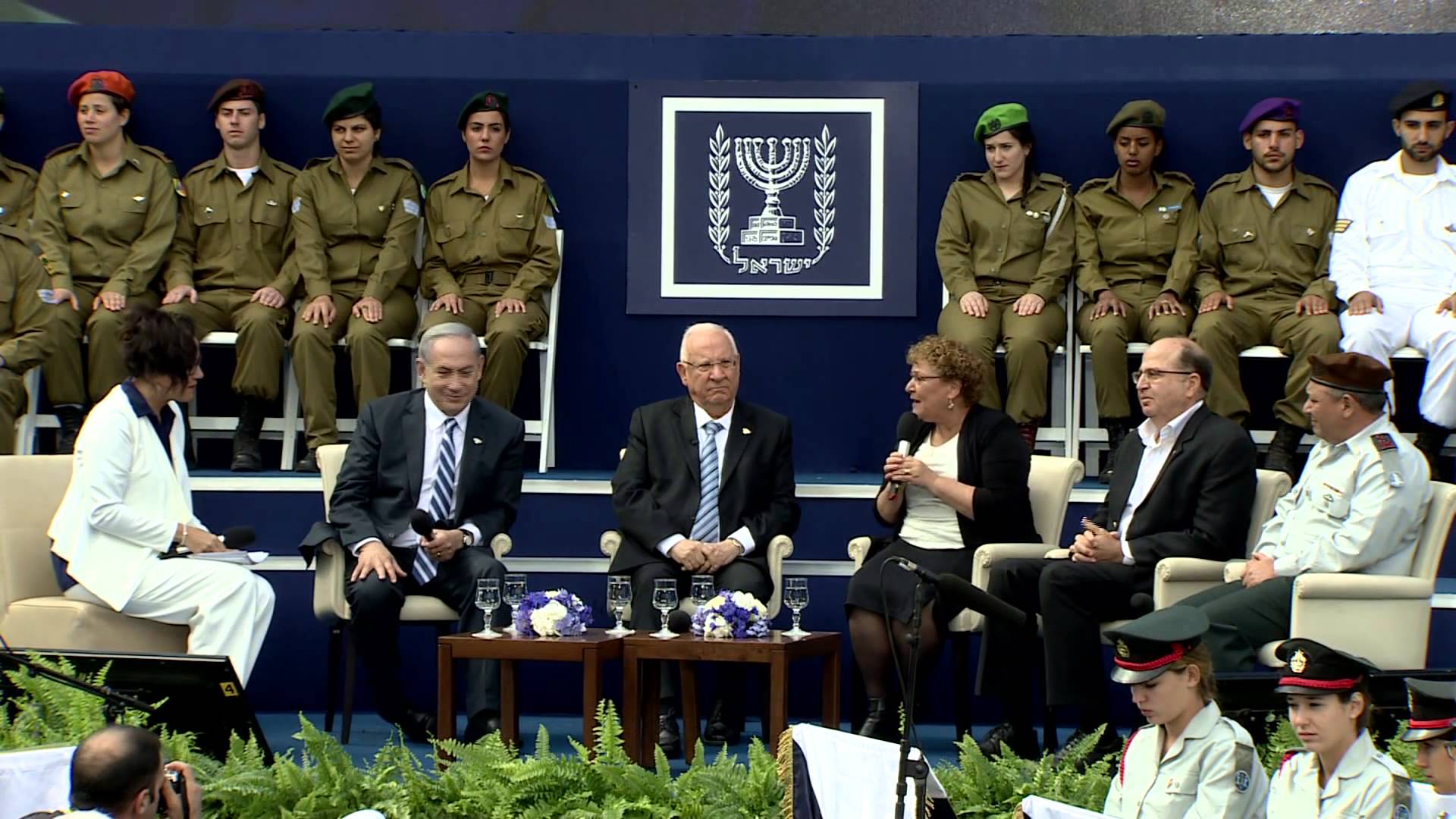
AsSaudi Arabia asserts itself in unprecedented fashion in its regional struggle with Iran, speculation abounds that Riyadh is acting in concert with the United States and Israel to change the balance of power in the region in one fell swoop. It is no secret that Israel and Saudi Arabia both view Iran as their main regional foe and want to contain its influence, and as Iran has built a “Shia crescent” of influence stretching from its own borders across Iraq and Syria to Lebanon, the Israeli and Saudi governments have become increasingly alarmed.
The sudden resignation of Lebanese Prime Minister Sa’ad Hariri during a visit to Saudi Arabia spurred intense rumors that his resignation was not voluntary and that he is being detained by the Saudis. Such theories only fuel further conjecture that the next step will be a Saudi-supported Israeli war against Hizballah in Lebanon. While nothing can be ruled out in the current volatile regional climate, it is important to understand the ways in which Israeli and Saudi immediate interests differ, and why they may be aiming for different short term objectives on Iran.
Saudi Arabia’s proximate goals include ramping up pressure on Iran across multiple fronts. Saudi Arabia has supported rebel forces against President Bashar al Assad’s regime in Syria in an attempt to topple the government and limit Iran’s influence there. The Saudis are also fighting a proxy war in Yemen against the Iranian-supported Houthis. As Russia’s intervention in Syria has stabilized Assad, the Saudi government has intensified its war in Yemen while also turning its attention to Lebanon.
[alert type=blue ]Author: Michael Koplow is policy director at Israel Policy Forum.[/alert]
Now-former Prime Minister Sa’ad Hariri and his family have always had the backing of Saudi Arabia, but his tolerance of Hizballah’s participation in the Lebanese coalition government has not won him plaudits in Riyadh. Now the consequences of that stance have come home to roost. The Saudis, and particularly Crown Prince Mohammed bin Salman, seem eager for a Lebanese prime minister who will take a harder line against Iran and its Hizballah proxy. The combination of the Saudi-directed Hariri resignation and Israel’s traditionally hawkish stance toward Hizballah look at first glance like a perfect confluence of interests pointing toward an Israeli military move against Hizballah in Lebanon with tacit – if not outright – Saudi support.
The fly in the ointment is that while Israel wants to limit Iranian regional influence as much as does Saudi Arabia, its proximate concerns are different than Riyadh’s. Israel’s primary short term objective is pushing Iran back from its border across the Golan Heights in Syria and limiting Iran’s permanent presence there once the Syrian civil war has drawn to a close. This is why the deal struck between the U.S., Russia, and Jordan on establishing de-escalation zones in Syria and the more recent U.S.-Russian agreement on limiting Iranian fighters in southern Syria is currently consuming Israel’s security establishment.
In response to the latest deal, Prime Minister Netanyahu announced Israel’s determination to act according to its own interests in Syria and iterated that Israel is not bound by the agreement, which in turn prompted a U.S. delegation to Jerusalem to address Israel’s concerns. Israel’s worry is that the U.S.-Russia agreement does not push Hizballah and Islamic Revolutionary Guard Corps fighters far back enough from Israel’s border, and that by accepting their current presence in Syria in any form, it opens the door for a permanent, future Iranian position in Syria notwithstanding the deal’s stated intention to eventually eliminate foreign fighters from the country.
While Israel has dealt for over three decades with Hizballah forces in Lebanon setting up directly across its northern border, it does not want to replicate this situation in Syria and effectively extend the front for the next clash. This is why the direction of Israel’s current energies – despite the permanent quest for establishing deterrence against Hizballah in Lebanon and the rapidly rising tensions with Islamic Jihad in Gaza – is being trained on Syria rather than elsewhere.
This is in contrast to Saudi Arabia, which is actively trying to extend its own front with Iran by forcing a clash with Hizballah just as Israel is trying to keep its front with Iran contained. Any sustained Israeli military activity targeting Hizballah in Lebanon right now might serve Saudi Arabian interests and desires, but it would blow up Israeli efforts to keep the heat on Hizballah in Syria by pushing it further back from the Golan border.
Furthermore, leaving aside the Syria variable for the moment, the last thing that Israel wants right now is to get drawn into a war with Hizballah in Lebanon. For starters, Israel’s deterrence on its northern border with Lebanon established following the 2006 war has held better than anyone would have expected eleven years ago. Israel is not eager to put the entirety of the country under assault from Hizballah’s rockets and guided missiles, of which there are estimated to be over 100,000 and which, in contrast to Hamas’s rudimentary arsenal, are of a caliber and quantity to overwhelm Israel’s excellent missile defense systems. The IDF has long identified Hizballah’s rockets as Israel’s top security threat, and while it is confident that it will smash Hizballah in a quicker and more thorough manner than it did a decade ago, it also does not want to force a war prematurely.
Secondarily, Israel is in the midst of unusually good relations with Egypt and experiencing a thaw of some sort with other Sunni countries in the region. No matter that Hizballah is an Iranian Shia militia; any war fought in Lebanon will involve Lebanese civilian casualties, and despite the fact that Hizballah purposely embeds itself among civilian population centers, Arab publics are not prepared to tolerate televised images of dead Lebanese killed by IDF fire. It will put Israel’s regional relationships at risk, and is another reason that Israel wants to avoid an escalation in Lebanon.
Israel and Saudi Arabia both want to confront Iran, but their concerns and interests are not identical despite the overlap in the overarching goal. It is more important right now for Israel to be managing the U.S. and Russia in order to protect its security prerogatives in Syria than it is for Israel to cooperate in a Saudi campaign that will turn up the heat in Lebanon. The Israeli government and security establishment have a clear-eyed view of the difference between what is urgent versus what is important, which is why predictions of an Israeli war against Hizballah in Lebanon should be viewed with some skepticism.
[toggler title=”Source” ]This article was originally published by OTTOMANS AND ZIONISTS. [/toggler]



